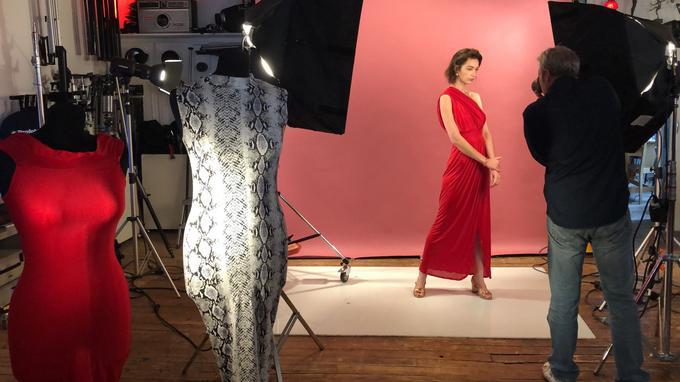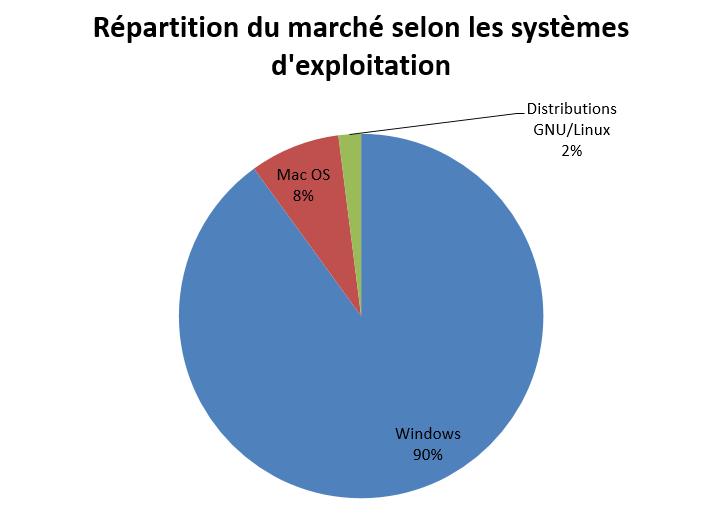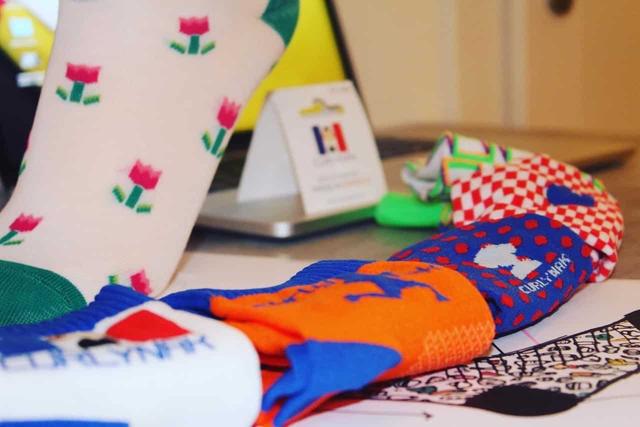Cheap fashion takes a “cost” of it on Arte!
Being able to afford four dresses for the price of one, without remorse and in record time, such is the promise of fast fashion. Far from the spirit of the trousseaux of yesteryear, stylish clothes at modest prices are swirling around in wardrobes. Quickly worn, quickly forgotten, they will end up like the 4.5 million tonnes of textiles thrown away each year in Europe. The throwaway fashion is part of a global industry that represents 300 billion dollars in turnover. According to economists, it could still increase by up to 60% by 2030. "Fast Fashion, low-cost fashion underwear", a well-documented survey by Gilles Bovon and Édouard Perrin, for Arte, opens the back -boutique, not chic for a penny, of this growing business.
” READ ALSO – The 10 commandments of slow fashion
Through the family saga of the Zara brand in particular, we discover how these companies copy luxury design through so-called “inspirational” trips! A former designer of the Spanish giant remembers the principle: “There must be at least seven points of difference in order not to be sued”. The Danish company Rains nonetheless sued for infringement, which it ultimately won. The Zara brand had not had the prudence to respect its specifications in the "copy and paste" of a raincoat. But it is not enough to be quickly inspired by the trendy model, it is also necessary to be able to make a delivery in the shortest possible time. The Arte documentary investigates self-employed couriers, who use their own vehicle and pay for their fuel, under illegal conditions.

Two weeks to design, produce and ship a model
As fast fashion also relies on the ability to quickly produce clothes at ever more competitive prices, it is already challenged on its own ground by ultra fast fashion, which does not bother with stores and relies entirely on online sales. line. One of the biggest English entrepreneurs, of Pakistani origin, explains how he succeeded in designing, producing and shipping a new model in two weeks, which is half the time that Zara does. But this performance has an unexpected social cost. The documentary pushes the doors of unheated clandestine workshops of Leicester in the heart of Great Britain. The hidden camera films workers without an employment contract, toiling on demand, for 3 euros an hour, more than half the English minimum wage. These workshops from another century, affected by the Covid-19 epidemic, made the headlines of the British press and discredited the success of the Boohoo group, which markets Pretty Little Thing and Missguided.
” READ ALSO – Extinction Rebellion denounces “fast fashion” with a 170-meter clothing chain
Finally "Fast Fashion" investigates, for Arte, the disastrous sanitary conditions of a factory of the Indian conglomerate Birla. Near Bombay, workers make viscose, the queen material of cheap ready-to-wear. Carbon disulfide fumes emanating from the manufacturing chemical process are highly toxic and also pollute the environment. The company founded its own hospital to care for the sick and disabled in the region.
If the documentary can raise awareness in the face of a deleterious system, will consumers eager for new things, made frenetic by a culture of lack maintained by brands, feel any remorse to continue to have fun and to be stylish at all times? so good price?
» Follow all the news from TV Magazine on Facebook and Twitter.







